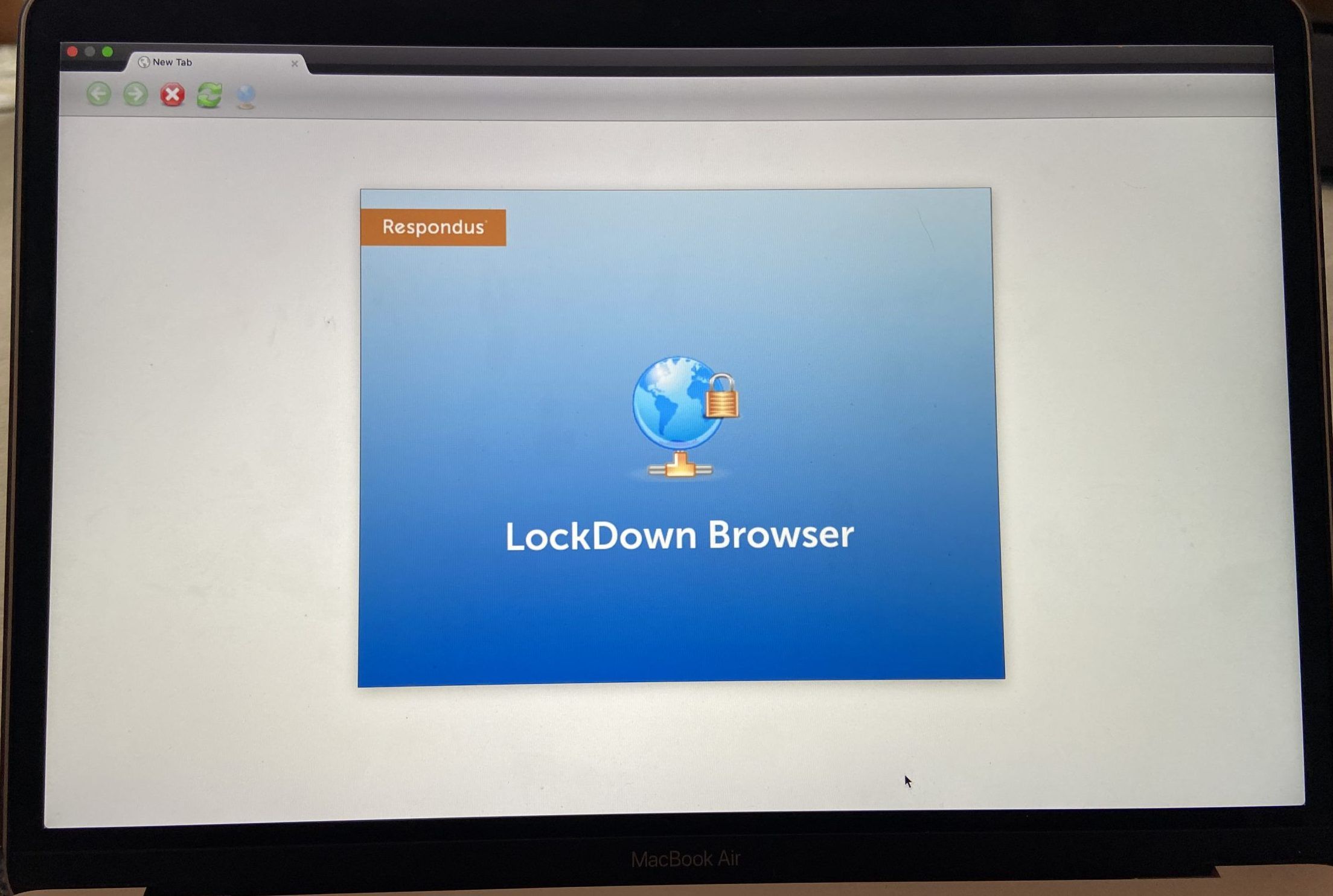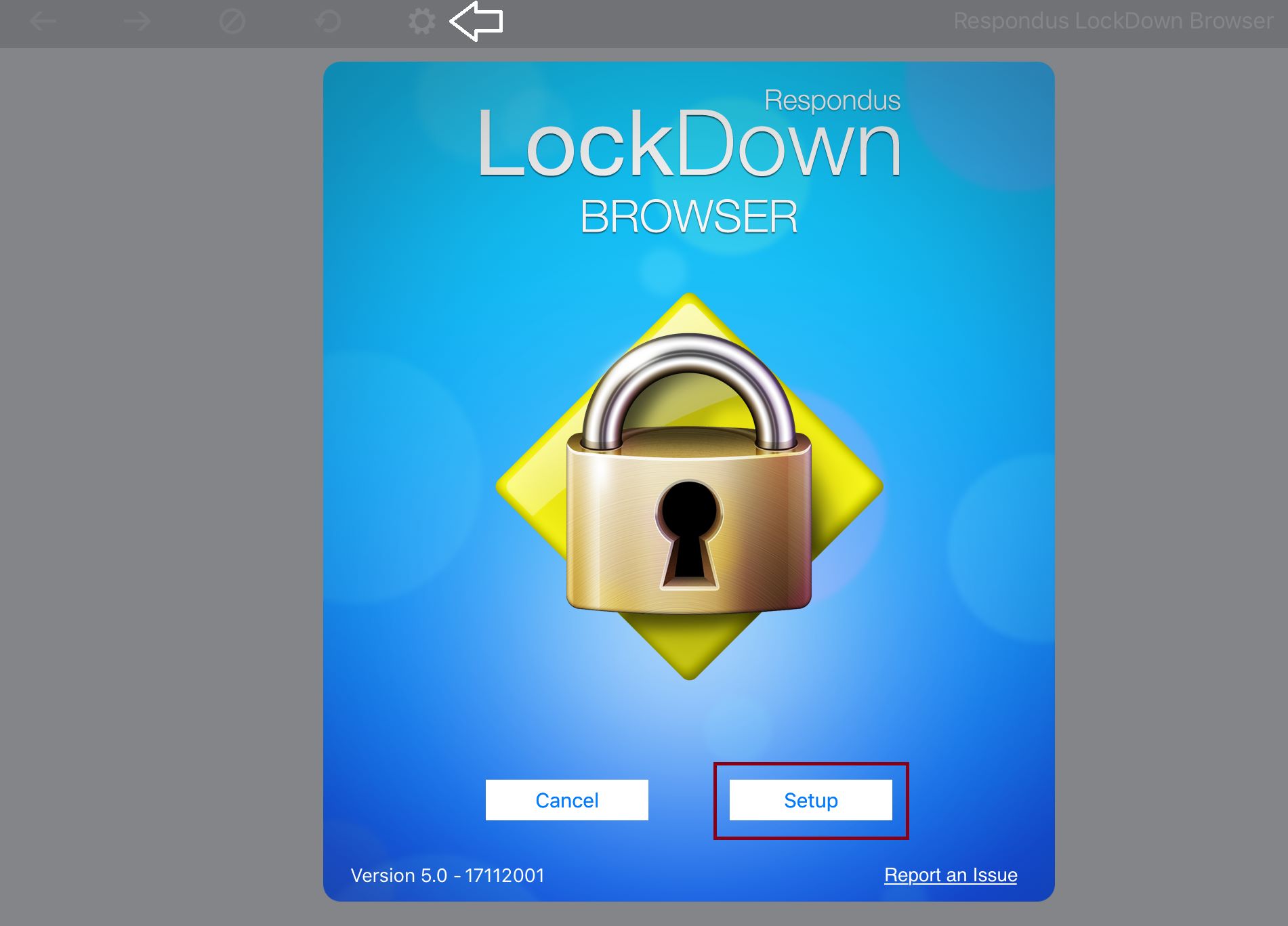Introduction
When it comes to proctored assignments, ensuring a seamless and secure online examination experience is crucial. One often overlooked yet critical aspect of this process is the choice of web browser. The browser plays a pivotal role in facilitating a smooth and reliable proctored assessment, and using the right one can make a significant difference in the overall testing experience.
In the digital age, where online learning and remote assessments have become increasingly prevalent, the importance of selecting the appropriate browser for proctored assignments cannot be overstated. It's not just about accessing the exam platform; it's about ensuring compatibility with the proctoring software, maintaining a secure testing environment, and minimizing the risk of technical glitches that could potentially disrupt the assessment process.
As educational institutions and professional organizations continue to embrace online proctored exams as a viable alternative to traditional in-person assessments, the need for a clear understanding of browser compatibility and its impact on the integrity of proctored assignments has become more pronounced. With this in mind, it's essential for students, educators, and test-takers to be well-informed about the recommended browsers and best practices for ensuring a seamless proctored examination.
In the following sections, we will delve into the significance of using the right browser for proctored assignments, explore the recommended browsers for such assessments, and provide valuable tips for ensuring browser compatibility. By the end of this article, readers will have a comprehensive understanding of the role browsers play in the context of proctored exams and be equipped with the knowledge to make informed decisions that contribute to a successful and stress-free testing experience.
Importance of Using the Right Browser for Proctored Assignments
The choice of web browser holds significant importance in the context of proctored assignments. It directly impacts the overall user experience, the functionality of proctoring software, and the security of the assessment process. When students or test-takers engage in proctored assignments, the browser becomes the gateway through which they access the examination platform and interact with the assessment interface. Therefore, the compatibility and performance of the browser are pivotal in ensuring a seamless and reliable testing experience.
One of the primary reasons why using the right browser is crucial for proctored assignments is compatibility. Proctoring software and online examination platforms are designed to function optimally with specific web browsers. Using an unsupported or incompatible browser can lead to technical issues, such as display errors, functionality limitations, or even complete inaccessibility to the assessment platform. This can not only cause frustration for the test-takers but also disrupt the integrity of the assessment process.
Moreover, the security of proctored assignments heavily relies on the browser's capabilities. Proctoring software often incorporates advanced security features to maintain the integrity of the assessment environment, prevent cheating, and ensure fair testing conditions. The browser acts as the medium through which these security measures are implemented and enforced. Therefore, using a browser with robust security features and regular updates is essential to mitigate the risk of unauthorized activities during the assessment.
Furthermore, the performance of the browser directly impacts the overall efficiency of the proctored examination. A browser that is optimized for speed, stability, and resource management can contribute to a smooth and uninterrupted testing experience. On the other hand, a sluggish or resource-intensive browser may lead to lags, delays, or even system crashes during the assessment, causing unnecessary stress and hindering the test-taker's ability to perform at their best.
In summary, the importance of using the right browser for proctored assignments cannot be overstated. It directly influences compatibility, security, and performance, all of which are critical factors in ensuring a successful and reliable online assessment experience. By understanding the significance of browser selection and its impact on proctored assignments, students, educators, and test-takers can make informed decisions that contribute to a seamless and stress-free testing process.
Recommended Browsers for Proctored Assignments
Selecting the right web browser is a critical aspect of preparing for proctored assignments. The compatibility, security, and performance of the browser directly influence the overall testing experience. To ensure a seamless and reliable proctored examination, it is essential to use a browser that is fully compatible with the proctoring software and the online examination platform. Here are the recommended browsers that are well-suited for proctored assignments:
1. Google Chrome
Google Chrome is widely recognized for its speed, stability, and extensive compatibility with various web applications. It is a preferred choice for proctored assignments due to its robust security features and seamless integration with proctoring software. Additionally, Chrome's automatic updates ensure that the browser is equipped with the latest security patches, minimizing vulnerabilities that could compromise the integrity of the assessment process.
2. Mozilla Firefox
Mozilla Firefox is another popular browser that is well-suited for proctored assignments. Known for its flexibility and privacy features, Firefox offers strong compatibility with proctoring software and online examination platforms. Its customizable nature allows users to tailor the browser to their specific testing requirements, making it a reliable option for secure and uninterrupted proctored assessments.
3. Microsoft Edge
Microsoft Edge, with its focus on speed, performance, and security, has emerged as a recommended browser for proctored assignments. Its seamless integration with Windows operating systems and built-in security features make it an ideal choice for maintaining a secure testing environment. The browser's compatibility with proctoring software ensures a smooth and efficient testing experience for students and test-takers.
4. Safari
For users within the Apple ecosystem, Safari is a viable option for proctored assignments. With its emphasis on privacy and seamless synchronization across Apple devices, Safari provides a secure and reliable platform for accessing online examination portals and proctoring software. Its optimized performance on macOS and iOS devices enhances the overall testing experience for Apple users.
5. Opera
Opera, known for its speed and resource efficiency, is increasingly being recognized as a suitable browser for proctored assignments. Its compatibility with various web technologies and focus on user privacy make it a compelling choice for test-takers seeking a secure and seamless testing environment.
By selecting one of these recommended browsers, students, educators, and test-takers can ensure a smooth, secure, and efficient proctored examination experience. It is important to note that using an unsupported or incompatible browser may lead to technical issues, compromising the integrity of the assessment process. Therefore, making an informed choice regarding the browser for proctored assignments is crucial in ensuring a successful and stress-free testing experience.
Tips for Ensuring Browser Compatibility
Ensuring browser compatibility is paramount when preparing for proctored assignments. The seamless interaction between the browser, proctoring software, and the online examination platform is essential for a smooth and reliable testing experience. Here are valuable tips to ensure browser compatibility for proctored assignments:
-
Keep Your Browser Updated: Regularly updating your web browser to the latest version is crucial for ensuring compatibility with proctoring software and online examination platforms. Updates often include bug fixes, security patches, and performance enhancements, all of which contribute to a more stable and reliable testing environment.
-
Check System Requirements: Before the proctored assignment, review the system requirements specified by the proctoring software and the examination platform. Ensure that your chosen browser meets the recommended specifications, including supported operating systems and hardware configurations, to avoid compatibility issues during the assessment.
-
Disable Browser Extensions: Certain browser extensions or add-ons may interfere with the functionality of proctoring software or online examination platforms. Disable unnecessary extensions before the assessment to minimize the risk of conflicts and ensure a streamlined testing experience.
-
Clear Browser Cache and Cookies: Clearing the browser cache and cookies can help prevent data conflicts and ensure that the assessment platform loads correctly. This simple maintenance task can contribute to a smoother and more reliable testing environment, reducing the likelihood of display or functionality issues during the assessment.
-
Test Browser Compatibility in Advance: Prior to the proctored assignment, perform a compatibility test using the specific proctoring software and examination platform. This proactive approach allows you to identify and address any compatibility issues beforehand, minimizing the risk of encountering technical difficulties during the actual assessment.
-
Utilize Browser Developer Tools: Familiarize yourself with the developer tools available in your browser. These tools can provide valuable insights into the compatibility of the assessment platform, allowing you to troubleshoot potential issues related to browser compatibility and ensure a seamless testing experience.
-
Opt for a Supported Browser: Whenever possible, opt for a browser that is officially supported by the proctoring software and the examination platform. Supported browsers are more likely to offer a smooth and reliable testing experience, as they are optimized to work seamlessly with the specific requirements of the assessment environment.
By adhering to these tips, students, educators, and test-takers can proactively ensure browser compatibility for proctored assignments, minimizing the risk of technical issues and contributing to a successful and stress-free testing experience. A well-prepared and compatible browser not only enhances the integrity of the assessment process but also allows test-takers to focus on demonstrating their knowledge and skills without unnecessary technological disruptions.
Conclusion
In the realm of proctored assignments, the choice of web browser holds significant sway over the overall testing experience. The seamless interaction between the browser, proctoring software, and the online examination platform is pivotal in ensuring a smooth, secure, and reliable assessment process. As educational institutions and professional organizations increasingly embrace online proctored exams, the significance of selecting the right browser has become more pronounced than ever.
By understanding the importance of browser compatibility, students, educators, and test-takers can proactively contribute to the integrity and efficiency of proctored assignments. The recommended browsers, including Google Chrome, Mozilla Firefox, Microsoft Edge, Safari, and Opera, offer robust compatibility, security features, and performance optimization tailored for proctored assessments. Their seamless integration with proctoring software and online examination platforms makes them reliable choices for test-takers seeking a stress-free testing experience.
Furthermore, ensuring browser compatibility for proctored assignments involves proactive measures such as keeping the browser updated, checking system requirements, disabling unnecessary extensions, clearing browser cache and cookies, conducting advance compatibility tests, and utilizing developer tools. These steps empower test-takers to preemptively address potential compatibility issues, thereby minimizing the risk of technical disruptions during the assessment.
In conclusion, the role of browsers in the context of proctored assignments extends beyond mere access to the examination platform. It encompasses compatibility, security, and performance, all of which are integral to maintaining the integrity and reliability of online assessments. By making informed choices regarding browser selection and adhering to best practices for ensuring compatibility, students and test-takers can approach proctored assignments with confidence, knowing that their chosen browser is optimized to support a seamless and secure testing environment. As online proctored exams continue to shape the landscape of assessments, the significance of browser compatibility in fostering a conducive testing experience cannot be overstated.

























